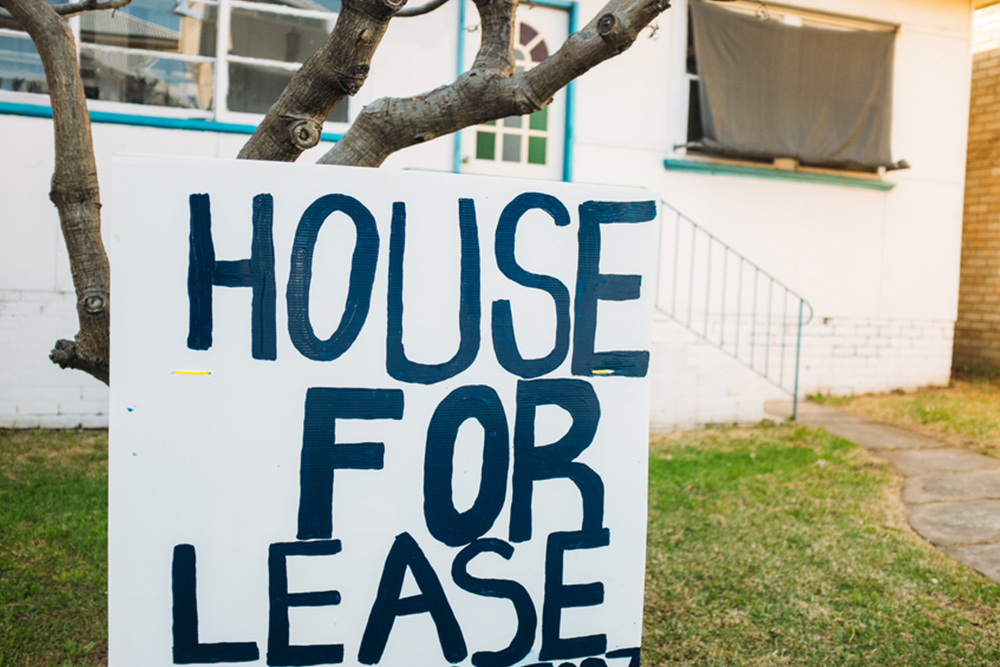Once you’ve found the perfect apartment — in the right neighborhood, at the right price — it can be hard to remove those rose-colored glasses and spot the warning signs of an unscrupulous landlord or a loosely written lease. But instead of being the victim, you can take control. The best way to put yourself on an even footing is to know your tenant rights, whether you’re signing on for a studio apartment for rent in Boston or a brownstone in New York.
Here are a few questions every renter should ask before signing a lease. Of course, laws related to renters’ rights vary from state to state, so be sure to research locally to protect yourself.
1. Is this rental legal?
If you suspect that the garage apartment you’re getting the great deal on isn’t really on the up and up, even though the landlord said it was, follow your instincts. Word to the wise: Don’t rent it! It might not pass a safety inspection.
But if the legality of the dwelling didn’t occur to you until after you’ve been living there awhile, move as soon as you find out it’s not legal. If the city catches wind of this space, you’ll need to leave anyway.
Here are some telltale signs of an illegal unit:
- Really low rent.
- Basement, attic, or garage apartment.
- No (or very small) windows.
- Utilities are paid for.
- You need to get your mail from a PO box.
But don’t let the matter end here. If you had to break your lease and your landlord is withholding your security deposit, you might be able to “pursue legal action against your landlord to try to recover moving expenses as well as the full return of your security deposit,” says Ron Leshnower, real estate attorney and president of Fair Housing Helper.
2. Is the pet policy detailed in the lease?
Don’t take your landlord at their word when they say that Fluffy and Fido are fine to move in. They may change their tune later and demand that you pay extra pet rent or get rid of your animals.
Here’s what you should know about renting with pets:
- Before signing your lease, make sure it allows you to have pets.
- You might need to pay extra pet rent, but that needs to be stated in the lease.
- If your lease has a no-pet clause, but your landlord says you can have them anyway, ask your landlord to change the lease to reflect that before you move in.
- If you violated the no-pet clause without amending the lease, but you can prove that your landlord knew about your animals for a significant period without objections, you might get to keep your pets. Your landlord, in this case, might have voided the clause.
3. What is the policy for returning my security deposit?
Some landlords never intend to give security deposits back, no matter how pristine you leave the place. The problem is so bad that some jurisdictions slap landlords with punitive damages if they wrongfully withhold your deposit.
In Chicago, for example, “larger landlords with risk management in mind have stopped taking security deposits, as the fines are stated in multiples of the security deposit,” says John Michael Grafft, an Illinois real estate agent.
“The exact procedure tenants should follow [to get their security deposit back] varies from state to state,” says Alex Stern, a Florida attorney who represents tenants in landlord disputes. But there are general techniques. Besides leaving your forwarding address with the landlord, Stern says, do the following:
- If the landlord doesn’t return your deposit or send you an itemized list of why they’re keeping it within the period required by your state, the landlord waives any rights to keep it.
- Write a letter. Tell the landlord that they need to return your security deposit immediately, as it is now past the legal period.
- Use a security deposit return service or contact an attorney.
What questions do you ask before signing a lease? Tell us in the comments!


